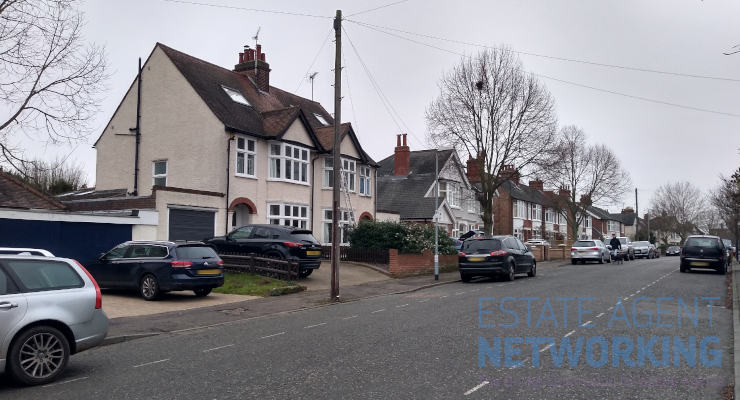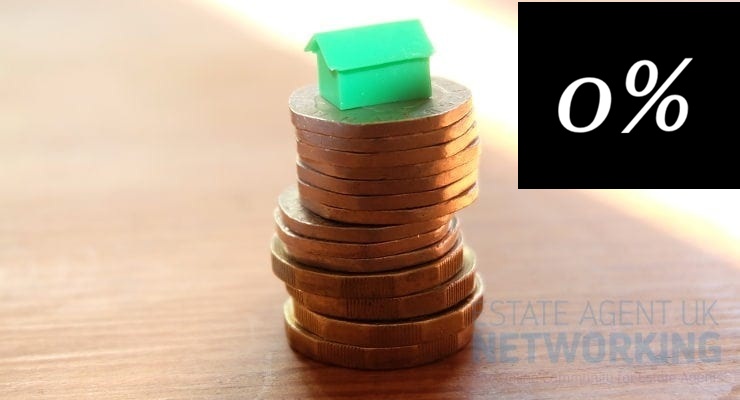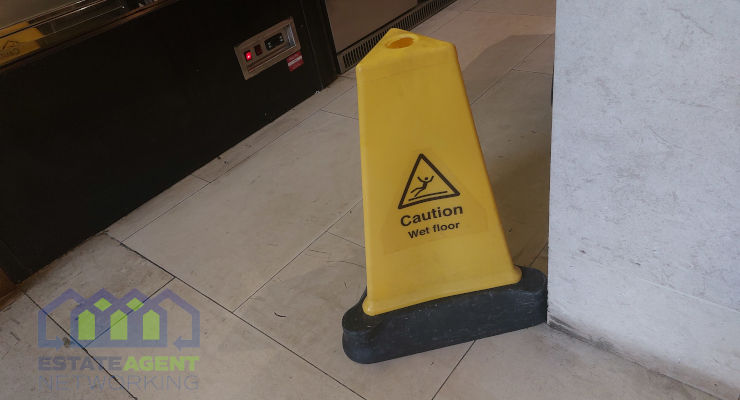Guide to Increasing the Energy Efficiency of a Property
Energy efficiency is something that should matter to homeowners of every kind. According to National Energy Action, there are around 6.3 million British homes in what’s called ‘fuel poverty’. This means that they are unable to keep their homes adequately heated. But even if you’re not pushed to this extreme, it’s fair to say that the cost of gas and electricity has become extremely noticeable.
So, what can we do about it? There are a few measures to consider.
Insulation
Insulation takes the form of a physical barrier between the interior and exterior of your home. This slows the flow of heat energy from the former to the latter. In the case of mineral wool, this is done with the help of tiny pockets of air, which prevent heat from being conducted quickly through the material. Remove these pockets, and the material becomes more conductive – which is why you shouldn’t squash your loft insulation.
It isn’t just the loft insulation that we should concern ourselves with. Cavity wall insulation, double-glazed windows, and other measures can also make a difference.
Insulation can be picked up and installed inexpensively, and in the long term, it offers a significant benefit.
Electrical appliances
Electrical appliances also consume energy – albeit not quite as much as your boiler. If you swap out older microwaves, bulbs and kettles, then you should look for an energy-efficient replacement. In the case of lighting, it’s worth looking into LED bulbs. They are vastly more efficient than older halogen bulbs.
Boiler and heating
We’ve already mentioned insulation – the means by which we keep heat inside our property. But the way that we generate heat in the first place matters, too. An older boiler will use up much more energy than a new one, especially if it hasn’t been serviced in a long time. Consequently, the one-off investment in a new boiler can often be justified by the reduction in ongoing costs.
Renewable energy
It might be that you can directly generate energy on your premises, and thereby reduce your reliance on the grid. This will make your property less expensive to run, while reducing your carbon footprint.
Solar panels, miniature wind turbines and heat pumps can all make a difference to your bills. However, you’ll want to think about how you’re going to be storing the energy before you use it. In the case of solar heating systems, you’ll need a hot water cylinder to get the best from it. In the case of photovoltaic panels and wind turbines, you’ll need a large battery. This tends to be an option that’s preferred by those looking to invest in an electric vehicle, as it has the potential to reduce your at-home energy use dramatically.









